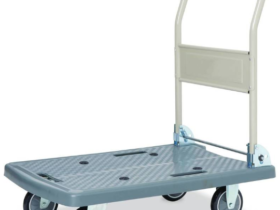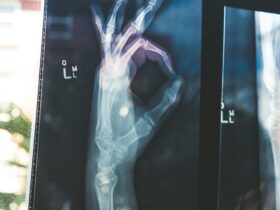Sleep bruxism, or teeth clenching or grinding while you’re asleep, is frequently a reaction to stress or anxiety. It is not harmful, but over time, it can cause tooth damage and jaw discomfort. It is possible to stop this habit by being aware of the causes and dangers of sleep bruxism in kids. You can learn more about the habit and how to prevent it from a dentist at Family Dentistry Thornton.
Symptoms and causes:
Roughly 15% and 20% of kids grind their teeth, which makes it difficult to detect because they might not be aware of it. Frequent migraines, jaw pain, tooth wear, and chattering or grinding noises while you sleep are typical symptoms of teeth grinding. To avoid any problems, it is crucial to monitor and treat these symptoms.
Children’s teeth grinding can be caused by a number of conditions, including earaches, dental alignment issues, stress or worry (the most frequent cause), hyperactivity or cerebral palsy, and sleep disorders including snoring or sleep apnea. For effective management and therapy, the underlying cause must be determined.
Bruxism has also been linked to migraines, ADHD, neurodevelopmental issues, and autism spectrum disorder. It is unknown if these illnesses or their medicines induce bruxism. The association between bruxism and sleep problems is complicated and not entirely understood.
Treatment:
Dentists check for teeth grinding noises during sleep, tooth wear, morning jaw discomfort, migraines, or a locking jaw to diagnose bruxism in youngsters. Grinding noises reported by parents are critical for diagnosis. The child’s caregiver may inquire about stress or suggest a sleep check for further examination.
Nocturnal mouth guards, protective sealants to protect tooth enamel, braces to fix alignment issues, and therapy or counseling to address underlying stress reasons are all treatment possibilities for children who grind their teeth while sleeping. Customized techniques are necessary to reduce long-term effects and risks such as TMJ, jaw difficulties, migraines, tooth sensitivity, and enamel erosion.
Final thoughts:
Parents may help their kids with bruxism by encouraging relaxation before bed, wearing a mouthguard to protect teeth, providing a pleasant sleeping environment, supporting excellent oral hygiene, and seeing a pediatric dentist for an examination and treatment options. Open communication with the dentist is essential for properly addressing and managing bruxism and ensuring the child’s healthy and pleasant smile. To learn more about what you can do as a parent, you should get in touch with a dentist directly.










